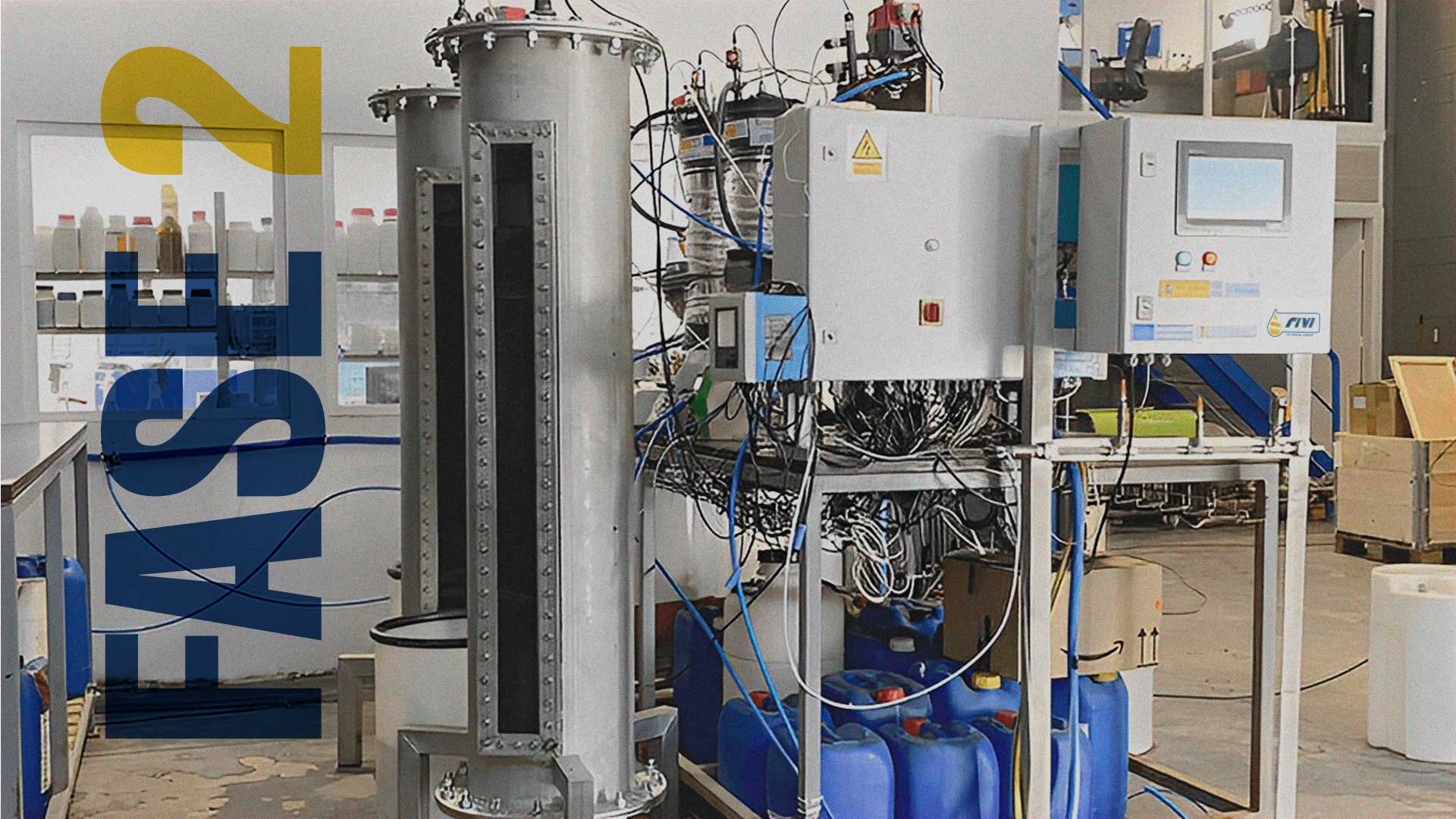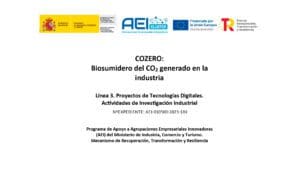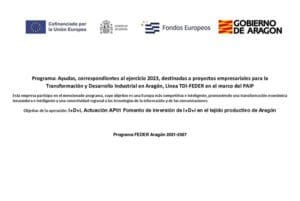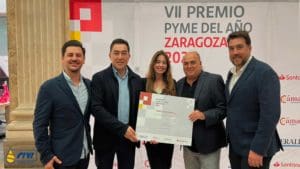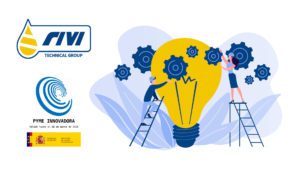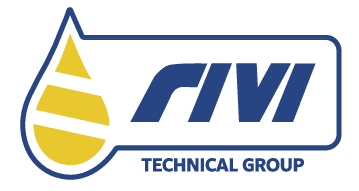

The project (Phase II)
One of the biggest challenges today is to obtain new sources of renewable energy that have the capacity to replace fossil fuels. H2 is positioned as a promising alternative, given its high heat capacity (122kJ/g). In addition, it is a clean fuel, as it does not generate CO2 or other greenhouse gases (GHG) and it only produces water vapor when combined with oxygen in the air. In this context, green H2 is becoming increasingly relevant and, among the techniques available for its production are biological processes.
Bio-H2 aims to develop a technology capable of producing biological H2 from industrial wastewater. Thus, we can recover energy from wastewater and increase the biodegradability of the effluents, with the positive impact that this entails for the environment. The success in the development of this technology depends directly on the integration of IoT tools. This way, there will be a system monitored in real time, allowing:
- During the technology development phase, the generation of a large volume of data which will facilitate the correct optimization of work parameters.
- The future commercialization of a product aligned with industry 4.0, which can be included in the industry's production control system as another process.
This idea was approved in the AEI 2021b call, however, based on the lessons learned during the execution of the project, the Bio-H2 work team decided to change the scale of work initially proposed, to achieve the main goal of the project: acquire detailed knowledge about H2 generation technologies and its behavior in different scenarios. In addition, new lines of study were identified for the development of the final technology. To achieve this, the same consortium continues as in phase I, formed by Ingeobras, Dab Biotechnology and RIVI Technical Group, all of them coordinated by ZINNAE.
The work plan proposed in phase II focuses on the continuation of tests with prototypes, gradually increasing the scale of work and the complexity of the water matrices to generate in-depth knowledge about the technology. On the part of INGEOBRAS and DAB, besides the expansion of the scale of the pilot system and considering the results achieved in phase I, the study of a new H2 production route will be carried out based on a new enzymatic biological pathway.
On behalf of RIVI Technical Group, the adaptation of the produced hydrogen management system to the new production scale will be carried out and an autonomous energy generation and management system will be designed, as well as the digital tool for monitoring and control. This will allow optimization of work parameters and the possibility of integrating an energy self-management AI algorithm in the future, based on the consumption needs and availability of resources at all times.
For RIVI Technical Group, this represents another step in its commitment to knowledge acquisition and the development of new technologies for Hydrogen as an energy vector, where RIVI has positioned itself as a strategic partner in the integration and interconnection of equipment, where our experience and knowledge in design, manufacture and assembly of fluid management systems with high technical demands provides added value to this type of projects. On the other hand, it will also allow us to expand and improve the work developed in recent years in the field of industry 4.0 and Artificial Intelligence, for which a department was created where we design and program integrated control, data monitoring, report generation and other applications for our equipment and for our clients' equipment.
Funding
This project, as in phase I, has received aid in the form of a grant regulated by the support programme for Innovative Business Groups (AEI in Spanish) of the Ministry of Industry, Trade and Tourism. Recovery, Transformation and Resilience Plan – Funded by the European Union – NextGenerationEU.
